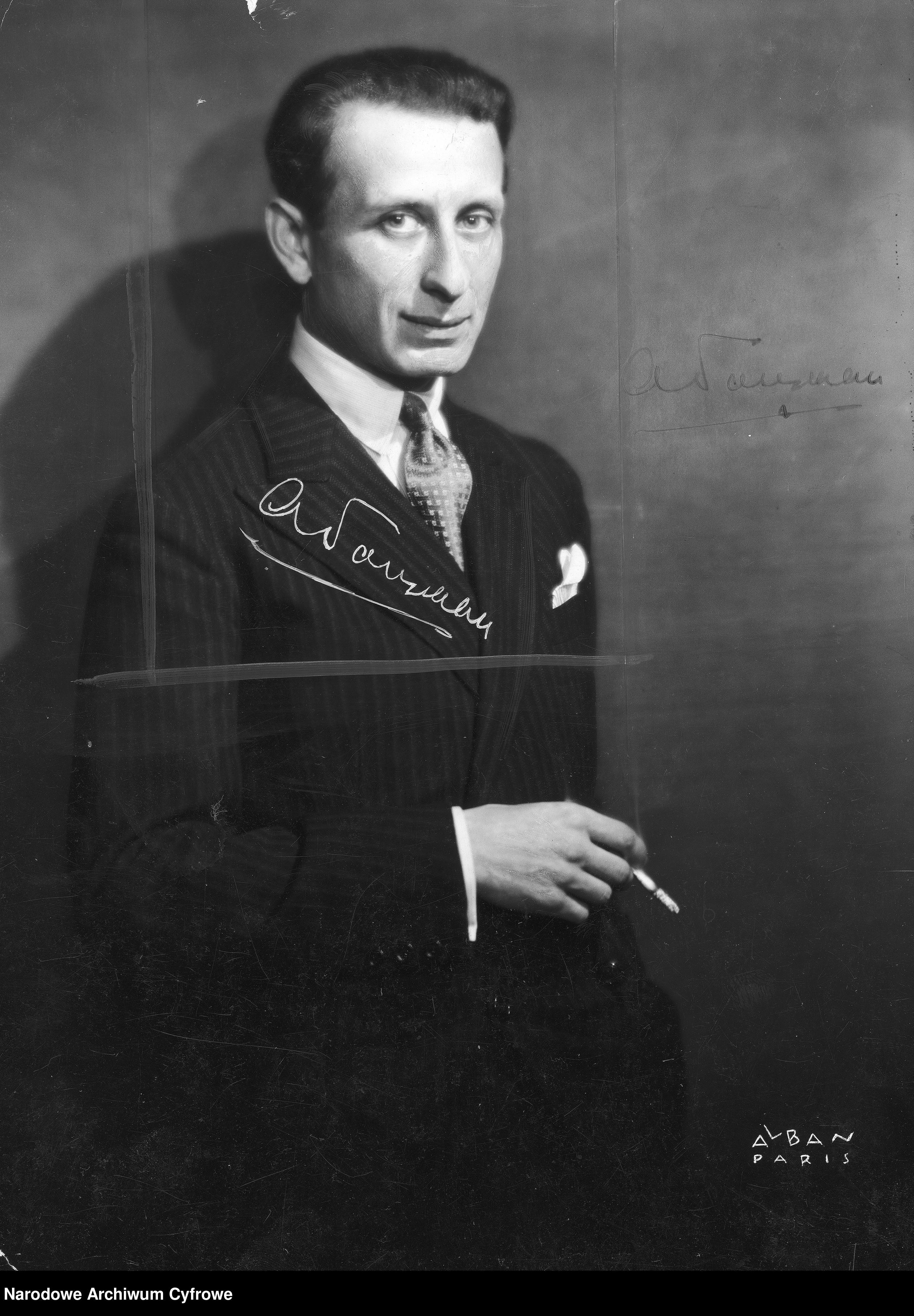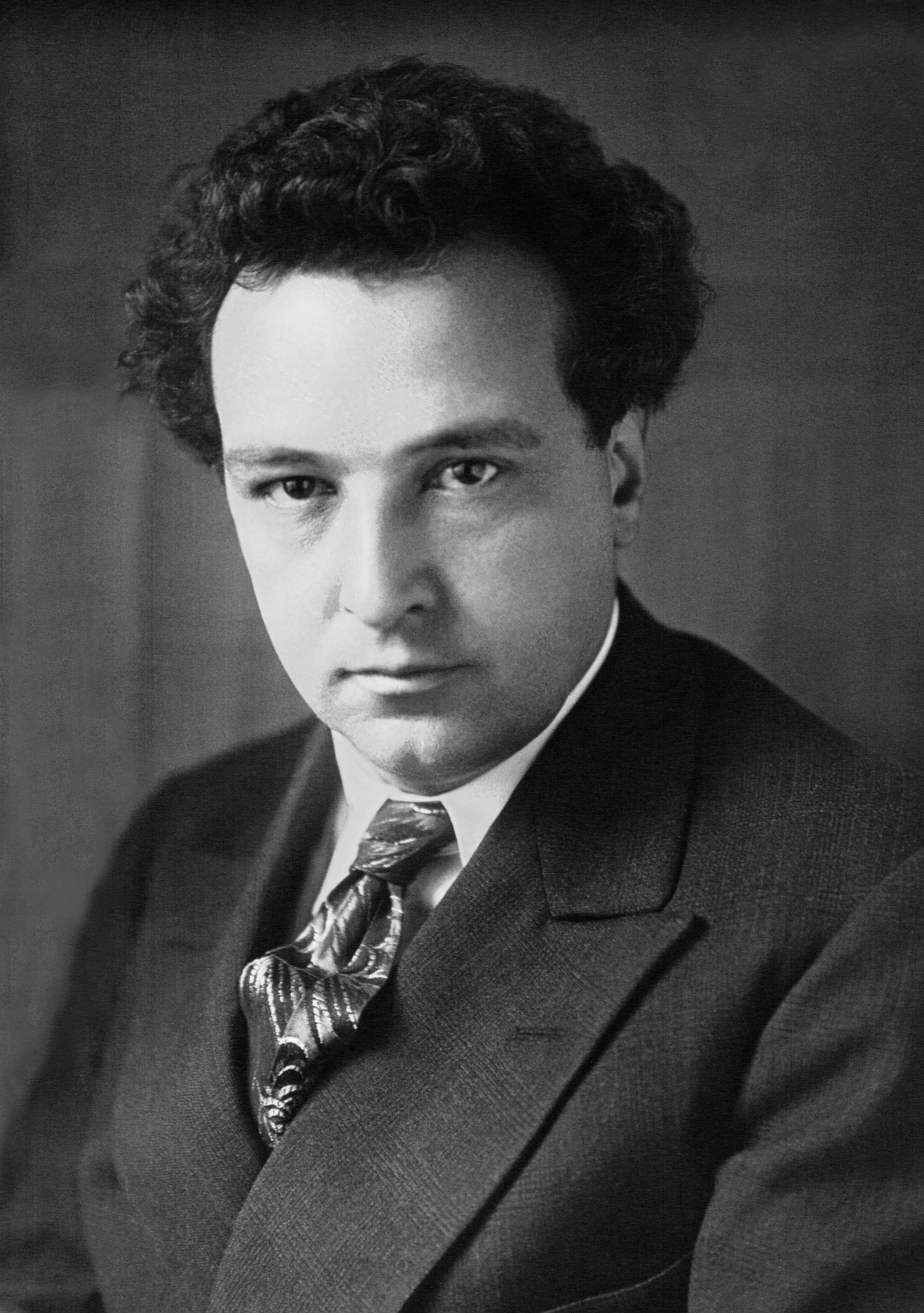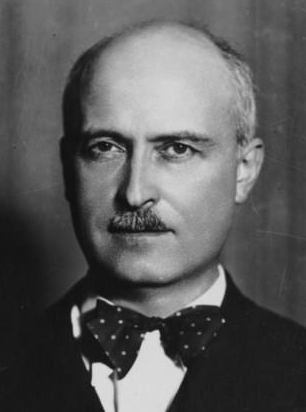|
Akira Ifukube
was a Japanese classical and film music composer, best known for his works on the ''Godzilla'' franchise. Biography Early years in Hokkaido Akira Ifukube was born on 31 May 1914 in Kushiro, Japan as the third son of a police officer Toshimitsu Ifukube. The origins of this family can be traced back to at least the 7th century with the birth of Ifukibe-no-Tokotarihime. He was strongly influenced by the Ainu music as he spent his childhood (from age of 9 to 12) in Otofuke near Obihiro, where was with a mixed population of Ainu and Japanese. His first encounter with classical music occurred when attending secondary school in Sapporo city. Ifukube decided to become a composer at the age of 14 after hearing a radio performance of Igor Stravinsky's ''The Rite of Spring'', and also cited the music of Manuel de Falla as a major influence. Ifukube studied forestry at Hokkaido Imperial University in Sapporo and composed in his spare time, which prefigured a line of self-taught Jap ... [...More Info...] [...Related Items...] OR: [Wikipedia] [Google] [Baidu] |
Kushiro, Hokkaido
is a city in Kushiro Subprefecture on the island of Hokkaido, Japan. It serves as the subprefecture's capital and it is the most populated city in the eastern part of the island. Geography Mountains * Mount Oakan * Mount Meakan * Mount Akan-Fuji Rivers * Kushiro River * Akan River * Shitakara River Lakes * Lake Akan * Lake Harutori * Lake Panketō * Lake Penketō * Lake Shunkushitakara National Parks * Kushiro-shitsugen National Park * Akan National Park Climate Kushiro has a humid continental climate (''Dfb'') but its winter temperatures are less severe than those of inland East Asia at the same latitude. Its port is the most reliably ice-free throughout winter in all of Hokkaido, due to the lack of indentation in the coastline and absence of large inflows of cold fresh water nearby. It is also markedly sunnier than the extremely gloomy Kuril Islands to its north, being sheltered by Hokkaido's mountains from the heavy snowfalls produced on the Sea of Japan side by the Ale ... [...More Info...] [...Related Items...] OR: [Wikipedia] [Google] [Baidu] |
Manuel De Falla
Manuel de Falla y Matheu (, 23 November 187614 November 1946) was an Andalusian Spanish composer and pianist. Along with Isaac Albéniz, Francisco Tárrega, and Enrique Granados, he was one of Spain's most important musicians of the first half of the 20th century. He has a claim to being Spain's greatest composer of the 20th century, although the number of pieces he composed was relatively modest. Biography Falla was born Manuel María de los Dolores Falla y Matheu in Cádiz. He was the son of José María Falla, a Valencian, and María Jesús Matheu, from Catalonia. In 1889 he continued his piano lessons with Alejandro Odero and learned the techniques of harmony and counterpoint from Enrique Broca. At age 15 he became interested in literature and journalism and founded the literary magazines ''El Burlón'' and ''El Cascabel''. Madrid By 1900 he was living with his family in the capital, where he attended the Real Conservatorio de Música y Declamación. He studied p ... [...More Info...] [...Related Items...] OR: [Wikipedia] [Google] [Baidu] |
Pierre-Octave Ferroud
Pierre-Octave Calixte Ferroud (6 January 1900 – 17 August 1936)K.S. (2003). was a French composer of classical music. Life Ferroud was born in Chasselay, Rhône, near Lyon. He went to Lyon, to Strasbourg (for military service from 1920-2) where he studied with Guy Ropartz, and again to Lyon where he was for a time an associate and "disciple" of Florent Schmitt, and a pupil of Georges Martin Witkowski. He then travelled to Paris in 1923, settling as a composer and music critic. In 1932, together with Henry Barraud, Jean Rivier and Emmanuel Bondeville, he founded ''Triton'', a contemporary music society. In a letter to Boris Asafiev, Sergei Prokofiev described his encounter with Ferroud, praised the Symphony in A and suggested that Asafiev might have a look at it. Ferroud's opera, he reported, impressed him much less. He wrote a biographical work about his mentor Florent Schmitt (whom he was, nevertheless, to pre-decease - Schmitt died 31 years after ''Autour de Florent S ... [...More Info...] [...Related Items...] OR: [Wikipedia] [Google] [Baidu] |
Tibor Harsányi
Tibor Harsányi (June 27, 1898 in Magyarkanizsa, Kingdom of Hungary – September 19, 1954 in Paris) was a Hungarian-born composer and pianist. He studied at the Budapest Conservatory under Zoltán Kodály. He toured as a pianist around Europe and the Pacific, then settled in the Netherlands in 1920, and worked there as a pianist, conductor and composerArthur Hoérée "Tibor Harsányi" article in ''The New Grove Dictionary of Music and Musicians'' ed. Stanley Sadie; London: Macmillan, 1980 before relocating to Paris in 1923. He helped to found the Société Triton, which organised concerts of contemporary music, and established ties with other expatriates, becoming one of the so-called Groupe des Quatre, along with Bohuslav Martinů, Marcel Mihalovici and Conrad Beck.Arthur Hoérée/Barbara L. Kelly"Harsányi, Tibor" Grove Music Online, Oxford Music Online, Oxford University Press, accessed 15 May 2014 He was also one of a related group of émigré composers known as the Éco ... [...More Info...] [...Related Items...] OR: [Wikipedia] [Google] [Baidu] |
Alexandre Tansman
Alexander Tansman ( pl, Aleksander Tansman, link=no, French: Alexandre Tansman; 12 June 1897 – 15 November 1986) was a Polish composer, pianist and conductor who became a naturalized French citizen in 1938. One of the earliest representatives of neoclassicism, associated with École de Paris, Tansman was a globally recognized and celebrated composer. Early life and heritage Tansman was born and raised in Łódź, Congress Poland. His parents were both of Lithuanian Jewish ancestry. His father Moshe Tantzman (1868–1908) died when Alexander was 10 and his mother Hannah (''née'' Gourvitch, 1872-1935) reared him and his older sister Teresa alone. Tansman later wrote: father's family came from Pinsk and I knew of a famous rabbi related to him. My father died very young, and there were certainly two, or more branches of the family, as ours was quite wealthy: we had in Lodz several domestics, two governesses (French and German) living with us etc. My father had a sister who set ... [...More Info...] [...Related Items...] OR: [Wikipedia] [Google] [Baidu] |
Arthur Honegger
Arthur Honegger (; 10 March 1892 – 27 November 1955) was a Swiss composer who was born in France and lived a large part of his life in Paris. A member of Les Six, his best known work is probably ''Antigone'', composed between 1924 and 1927 to the French libretto by Jean Cocteau based on the tragedy ''Antigone'' by Sophocles. It premiered on 28 December 1927 at the Théâtre Royal de la Monnaie with sets designed by Pablo Picasso and costumes by Coco Chanel. However, his most frequently performed work is probably the orchestral work ''Pacific 231'', which was inspired by the sound of a steam locomotive. Biography Born Oscar-Arthur Honegger (the first name was never used) to Swiss parents in Le Havre, France, he initially studied harmony with Robert-Charles Martin (to whom he dedicated his first published work and violin in Le Havre. After studying for two years at the Zurich Conservatory, he enrolled in the Paris Conservatoire from 1911 to 1918, studying with both ... [...More Info...] [...Related Items...] OR: [Wikipedia] [Google] [Baidu] |
Jacques Ibert
Jacques François Antoine Marie Ibert (15 August 1890 – 5 February 1962) was a French composer of classical music. Having studied music from an early age, he studied at the Paris Conservatoire and won its top prize, the Prix de Rome at his first attempt, despite studies interrupted by his service in World War I. Ibert pursued a successful composing career, writing (sometimes in collaboration with other composers) seven operas, five ballets, incidental music for plays and films, works for piano solo, choral works, and chamber music. He is probably best remembered for his orchestral works including ''Divertissement'' (1930) and ''Escales'' (1922). As a composer, Ibert did not attach himself to any of the prevalent genres of music of his time, and has been described as an eclectic. This is seen even in his best-known pieces: ''Divertissement'' for small orchestra is lighthearted, even frivolous, and ''Escales'' (1922) is a ripely romantic work for large orchestra. In tandem with ... [...More Info...] [...Related Items...] OR: [Wikipedia] [Google] [Baidu] |
Albert Roussel
Albert Charles Paul Marie Roussel (; 5 April 1869 – 23 August 1937) was a French composer. He spent seven years as a midshipman, turned to music as an adult, and became one of the most prominent French composers of the interwar period. His early works were strongly influenced by the impressionism of Debussy and Ravel, while he later turned toward neoclassicism. Biography Born in Tourcoing (Nord), Roussel's earliest interest was not in music but mathematics. He spent time in the French Navy, and in 1889 and 1890, he served on the crew of the frigate ''Iphigénie'' and spent several years in southern Vietnam. These travels affected him artistically, as many of his musical works would reflect his interest in far-off, exotic places. After resigning from the Navy in 1894, he began to study harmony in Roubaix, first with Julien Koszul (grandfather of composer Henri Dutilleux), who encouraged him to pursue his formation in Paris with Eugène Gigout; Roussel then continued ... [...More Info...] [...Related Items...] OR: [Wikipedia] [Google] [Baidu] |
Alexander Tcherepnin
Alexander Nikolayevich Tcherepnin (russian: Алекса́ндр Никола́евич Черепни́н, link=no; 21 January 1899 – 29 September 1977) was a Russian-born composer and pianist. His father, Nikolai Tcherepnin (pupil of Nikolai Rimsky-Korsakov), and his sons, Serge Tcherepnin and Ivan Tcherepnin, as well as two of his grandsons (sons of Ivan), Sergei and Stefan, were composers. His son Serge was involved in the earliest development of electronic music and instruments. His mother was a member of the artistic Benois family, a niece of Alexandre Benois. Biography He was born in Saint Petersburg, Russia, and played the piano and composed prolifically from a very early age. He was stimulated in this activity by the atmosphere at home, which—thanks to his family's Benois-Diaghilev connection—was a meeting place for many well-known musicians and artists of the day. By the time he began formal theory and composition studies in his late teens, he had already ... [...More Info...] [...Related Items...] OR: [Wikipedia] [Google] [Baidu] |
Spanish Civil War
The Spanish Civil War ( es, Guerra Civil Española)) or The Revolution ( es, La Revolución, link=no) among Nationalists, the Fourth Carlist War ( es, Cuarta Guerra Carlista, link=no) among Carlists, and The Rebellion ( es, La Rebelión, link=no) or The Uprising ( es, La Sublevación, link=no) among Republicans. was a civil war in Spain fought from 1936 to 1939 between the Republicans and the Nationalists. Republicans were loyal to the left-leaning Popular Front government of the Second Spanish Republic, and consisted of various socialist, communist, separatist, anarchist, and republican parties, some of which had opposed the government in the pre-war period. The opposing Nationalists were an alliance of Falangists, monarchists, conservatives, and traditionalists led by a military junta among whom General Francisco Franco quickly achieved a preponderant role. Due to the international political climate at the time, the war had many facets and was variously viewed as class ... [...More Info...] [...Related Items...] OR: [Wikipedia] [Google] [Baidu] |
Spain
, image_flag = Bandera de España.svg , image_coat = Escudo de España (mazonado).svg , national_motto = ''Plus ultra'' (Latin)(English: "Further Beyond") , national_anthem = (English: "Royal March") , image_map = , map_caption = , image_map2 = , capital = Madrid , coordinates = , largest_city = Madrid , languages_type = Official language , languages = Spanish , ethnic_groups = , ethnic_groups_year = , ethnic_groups_ref = , religion = , religion_ref = , religion_year = 2020 , demonym = , government_type = Unitary parliamentary constitutional monarchy , leader_title1 = Monarch , leader_name1 = Felipe VI , leader_title2 = Prime Minister , leader_name2 = Pedro Sánchez , legislature = C ... [...More Info...] [...Related Items...] OR: [Wikipedia] [Google] [Baidu] |
George Copeland
George Copeland (April 3, 1882 – June 16, 1971) was an American classical pianist known primarily for his relationship with the French composer Claude Debussy in the early 20th century and his interpretations of modern Spanish piano works. Career A native of Massachusetts, George A. Copeland Jr. began piano studies as a child with Calixa Lavallée, the composer of "O Canada" and an important early member of the Music Teachers National Association (MTNA). Copeland later worked at the New England Conservatory with Liszt pupil Carl Baermann, then traveled to Europe for studies with Giuseppe Buonamici in Florence and Teresa Carreño in Berlin. Copeland was also coached in Paris by the British pianist Harold Bauer, concentrating on works of Schumann. Early in the 20th century, Copeland fell in love with the works of then-unfamiliar French composer Claude Debussy. On January 15, 1904, Copeland gave one of the earliest-known performance of Debussy's piano works in the United State ... [...More Info...] [...Related Items...] OR: [Wikipedia] [Google] [Baidu] |






.jpg)
